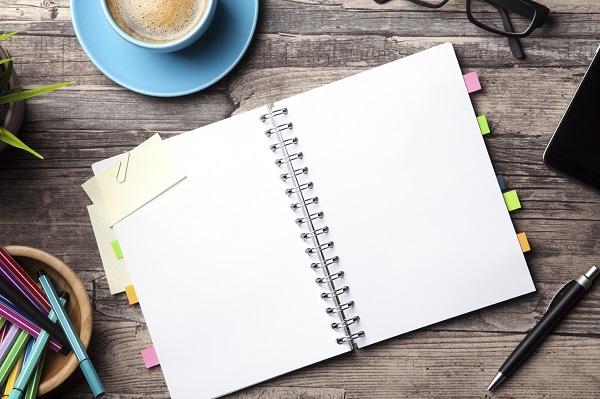It goes without saying that preparation for a job interview is essential to its success. Interviews can creep up on you and just like exams, good prep and planning is key if you want to pass! We’ve collated five tips we believe are essential to the interview planning process. While some of these might seem obvious, bear with us… Interviews aren’t a regular occurrence for most and it’s important not to forget the key steps.
It doesn’t matter what level a role it is you’re applying for, the planning process should be the same. Interviewers will expect it from every prospective interviewee so if you don’t plan, it’s quite possible you’ll risk losing out.
1. Write down your responses to the most common interview questions
Think about a 2-3 minute response that you can deliver comfortably. We find it helps to write them down as it further etches the details in your mind, however whatever works best for you in terms of memorising is fine! Questions such as ‘Tell us about yourself’ or ‘Walk us through your CV’ are good ones to have up your sleeve. It’s important to be able to talk comfortably about yourself with quiet confidence. No one has a perfect career history, so don’t worry too much about gaps in your CV or a stint of short-term roles. If you can talk through this period as a narrative without being too defensive, that’s absolutely fine.
2. Read the job and person specification
It goes without saying that you should research the business and familiarise yourself with any recent news stories relating to them. Equally, look at the skills and competencies listed on the job spec and link them to your corresponding traits and experiences. You want to be able to find examples in your experience that demonstrate the skills they’re looking for. Someone who is hiring an executive assistant, for example, might ask the question ‘How would you describe your organisational skills?’ Consider the two following responses. Which is the most impressive?
• ‘My organisation is quite good. In my last position I was asked to re-organise the digital filing system for the office. It was a big project but it really honed my attention to detail and enhanced my organisational skills significantly. Organisation is key to my day-to-day life now, in my personal life as well as at work!’
• ‘My organisational skills are very good.’
3. Think about the trickier questions
Some of the trickier questions might include ‘What are your weaknesses?’ or ‘Where do you see yourself in five years’ time?’ While in their own right these aren’t hard questions to answer (you could probably answer them right now without blinking), the secret in an interview environment is to respond with a positive nod to your prospective employer. For example, if one weakness is shyness, you could mention that while you can be a little shy, you’re working on it by making a conscious effort to initiate conversation with at least one new person every day.
4. It’s a two-way street
An interview is a two-way conversation and is an opportunity for you to ask questions too! While for the bulk of the interview they’ll likely steer the general direction and tone, don’t be afraid of asking questions along the way and encouraging more of a conversation. Questions relating to opportunities for progression, the culture of the team and management style are all valid. You could even ask the interviewer how they feel about working there.
5. Shine your shoes
General presentation is incredibly important. It does matter and it affords you the opportunity to demonstrate your professionalism. Keep your hair neat, make up minimal and always dress as professionally as possible – even if they have a casual dress policy. Work out where you’re going ahead of time so that you don’t experience anxiety about being late. We would recommend getting to the destination early and sitting down for a coffee nearby to relax. Take along copies of your CV with the job description and read them through over a latte.
After the interview, feel free to follow up to thank the interviewers for their time but keep the contact limited to that. Many businesses have a policy whereby they don’t give feedback before a set date. Of course, if you haven’t heard anything back from them before then, feel free to follow up again. If you’re super organised, write down the questions (and your responses) from the interview. It will inform your prep next time around!
We wish you the very best of luck in your job hunt and if you’re looking for a new role, we’d love to hear from you! Submit your CV online here.



